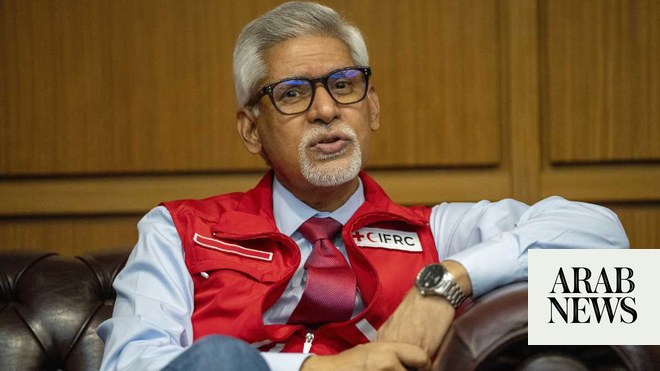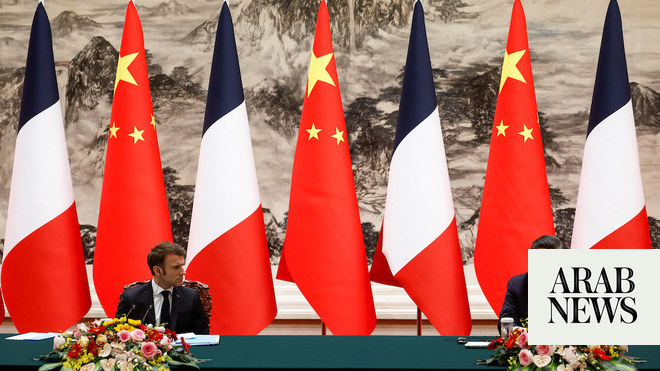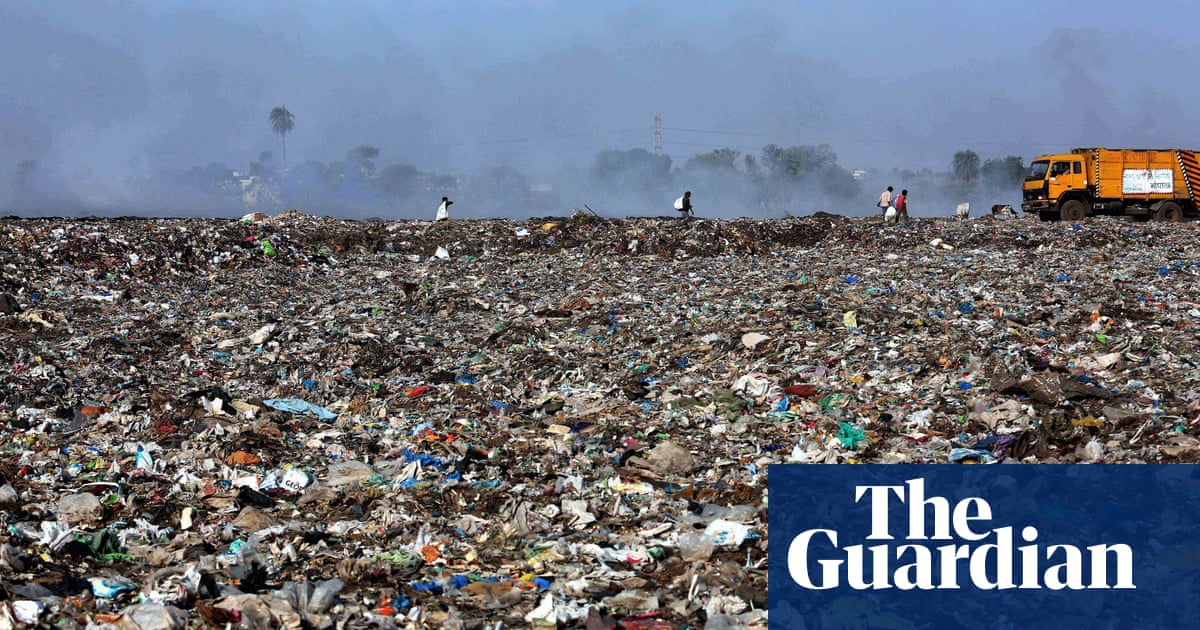
In a forceful speech to the UN security council, the Ukrainian president Volodymyr Zelenskyy has called on a broad alliance of nations to “force Russia into peace”, saying that Vladimir Putin has violated the foundations of the United Nations and that the war “can’t be conquered by talks” alone.
Addressing the council, of which Russia is a permanent member, Zelenskyy accused Moscow of committing “international crimes” by targeting Ukrainian civilians and energy infrastructure, and claimed he had proof that Putin is plotting to target three Ukrainian nuclear power plants to further degrade the country’s energy grid.
After thanking Ukraine’s allies for their support, the Ukrainian leader appealed to countries further afield, calling on Brazil, India and countries across Africa and Latin America, to increase pressure on Russia to halt the war, saying “all [countries] are equally important for peace without exceptions”.
Many of those countries have economic or close diplomatic ties with Russia, and have given greater credence to Putin’s claims that Russia was provoked into the war by the west.
“We know some in the world want to talk to Putin,” Zelenskyy said. “To meet, to talk, to speak. But what could they possibly hear from him? That he’s upset because we are exercising our right to defend our people? Or that he wants to keep the war and terror going, just so no one thinks he was wrong?”
He added: “It’s insane.”
Zelenskyy later this week will travel to the White House to meet with Joe Biden and discuss his “victory plan” – a roadmap for Ukraine to end the war with greater western support. In his speech, he said that further pressure was needed to conclude a peace with Russia after it had been “doing things that cannot possibly be justified under the UN charter”.
“That’s why this war can’t be conquered by talks,” Zelenskyy said. “Action is needed … Putin has broken so many international laws and rules that he won’t stop. Russia can only be forced into peace, and that is exactly what’s needed, forcing Russia into peace as the soul aggressor in this war, the soul violator of the UN charter.”
In an interview that aired on ABC on Tuesday, Zelenskyy said Ukraine needed greater support from the west to win the war, but conceded that the time for negotiations was nearing.
He has repeatedly called on the US and UK to drop their restrictions on the use of long-range missiles against targets deep inside Russia, despite concerns in the Biden administration that those attacks could lead to further escalation of the war.
“I think that we are closer to the peace than we think,” Zelenskyy said in the interview. “We are closer to the end of the war. We just have to be very strong, very strong.
“The plan of victory is strengthening of Ukraine. That’s why we’re asking our friends, our allies, to strengthen us. It’s very important.”
At the security council meeting, Antony Blinken, the US secretary of state, said the body’s priority must be halting Russia’s growing cooperation with Iran and North Korea. He accused both countries of providing arms that have allowed Russia to sustain its war in Ukraine, and called on members of the security council to support a “just peace” that “upholds the principles of the UN charter”.
In a likely reference to the proposal that Zelenskyy is set to discuss with Biden, Blinken said Ukraine is “prepared to engage in negotiations” to end the war.
Blinken said Iran had provided Russia with drones, ballistic missiles – including a shipment of hundreds of missiles earlier this month – and training, in exchange for which Russia is sharing nuclear technology and “space information”. He did not specify what nuclear technology Russia had provided Iran.
North Korea, Blinken said, had provided “trainloads of weapons and ammunition … including ballistic missiles and launchers, and millions of artillery rounds”.
He also accused China, another permanent member of the security council, of being a “top provider of machine tools, microelectronics and other items that Russia is using to rebuild, restock and ramp up its war machine and sustain its brutal war”.
But in calling the war a “textbook example” of the kind of security threat that the council had been developed to address, Blinken offered few insights into how the White House will amass a diplomatic coalition to stop the war, especially when two members accused of fueling it also sit on the security council.












